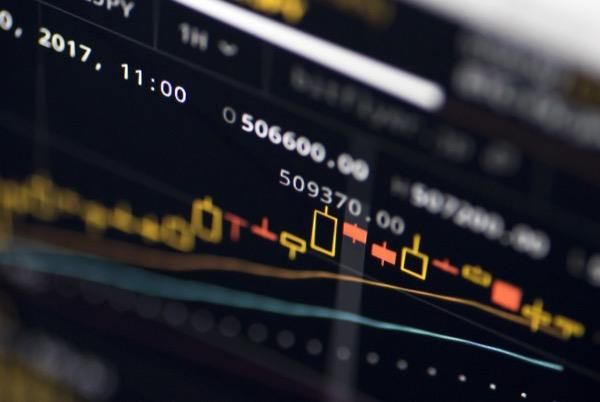May 29, 2023: Ahead In The Game

This section takes 3 minutes and 50 seconds to read. In English, there are many ways to express ideas. Rewriting something means to change it, often to make it easier to understand or to improve it in some way. Short sentences are easier to read and understand than long ones. Writing in free English means using simple language that most people can understand. Blog posts are articles written for websites. They often talk about a certain topic or share an opinion. Reading blogs can help you learn new things and see different perspectives. Taking the time to read can improve your language skills and expand your knowledge.
Nvidia's earnings report caused the NASDAQ to hit a new high this week. The company's share price went up 24.73% and closed at $379.80. Nvidia's market capitalisation increased by about US$200 billion because of this.
Nvidia's earnings made some stock markets ignore bad news about the US credit rating. But bonds didn't do well and the yield on the 2-year Treasury Note rose for the tenth day in a row.
The US economy is doing well, so the interest rates are going up. The people who talk for the Fed are being tough about it. Now, the market thinks there's a good chance they'll raise rates by a little bit in June.
The US dollar went up because of high US yields and people avoiding risk. Because of the debt ceiling debate, people transferred money to other currencies. The Australian dollar was one of the losers because it fell below .6500c. It hasn't been this low in seven months.
Next week, there are important economic events happening in different parts of the world. For example, there will be the Australian CPI Monthly indicator, China's PMIs, inflation data in Europe, and a crucial jobs report in the US. Additionally, we should watch out for news related to the US debt ceiling negotiations.
On Wednesday, May 31, at 11:30 am AEST, something is happening.
The RBA increased the cash rate by 25bp to 3.85% this month. It surprised the market. The RBA warned that it could raise rates in June too. It depends on the economy and inflation.
Pay and job numbers haven't been as strong as predicted. Last month's sales in stores were also low. Everyone is now waiting to hear about the Monthly CPI report.
The CPI increased by 6.3% YoY in March. It decreased compared to 6.8% in February. The indicator has been reducing for three consecutive months now. In December, it was at its highest with 8.4%. The slower pace in housing and transport prices was the main reason for the softer print in March.
The April CPI may go up by 6.3%, which is the same as March. If it goes up less, the RBA may not do anything until June.
On June 1st at 7 pm AEST there is something happening.
The Euro Area's inflation rose by 7% in April. This is higher than the 6.9% it was in March. For five months, inflation had been decreasing. But now, it has gone up again from the peak of 10.6% in October. The rise in inflation is due to an increase in service and energy costs. However, the growth rate of food prices has gone down. The core inflation rate also decreased from 5.7% in March to 5.6%.
In May, inflation will go down. It will drop from 7% to 6.2%. The reason for this is the decrease in energy bills, fuel costs, and food prices. Core inflation will also go down. It will drop from 5.6% to 5.4%.
The inflation is high above the 2% target of ECB. The deposit rate has been raised by 3.75%. The market predicts that two more 25bp rate hikes will happen. This will take the final rate of ECB to 3.75%.
On Friday, June 2, at 10:30 pm AEST, something interesting happened.
The US economy seems to be doing well, while Europe and China are facing slow-down issues. Many people from the Fed have spoken out in favor of raising interest rates. So, it's possible that rates will be higher after the FOMC meeting in June.
The upcoming Non-Farm payrolls report is important. People expect payrolls to increase by 180k in May, which is less than April's 253k. The unemployment rate may go up from 3.4% to 3.5%. The participation rate is expected to stay at 62.6%.
Earnings could increase by 0.3% per hour. This means the yearly rate could drop from 4.4% to 4.3%.
The clock is set to AEST (UTC+10), unless we say otherwise.









































